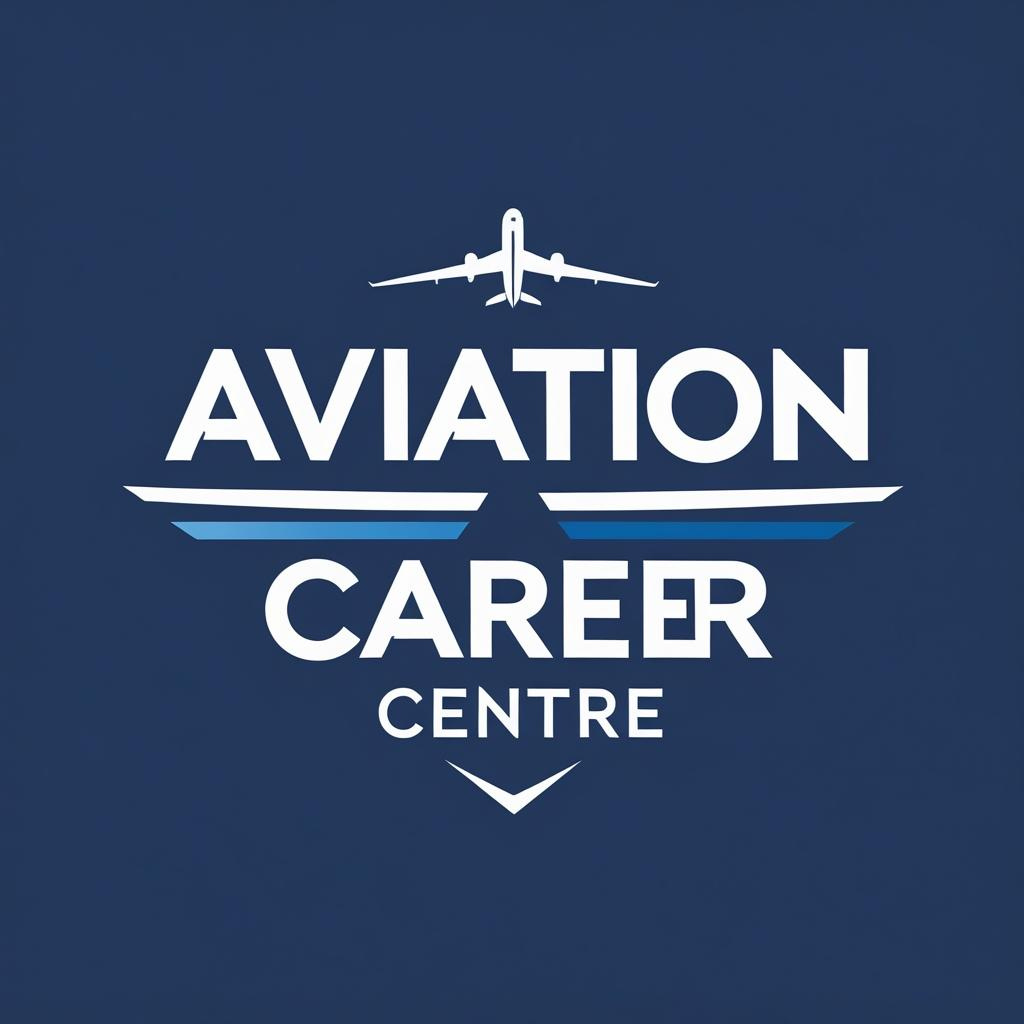Age-related career limitations in aviation create significant risks for Hong Kong students who delay proper preparation or extend training unnecessarily. Understanding these constraints reveals why efficient career development through strategic English preparation becomes increasingly critical with age.
Airlines impose mandatory retirement ages that limit career duration regardless of individual health or competency. Most carriers require retirement at age 65, with some international operations having earlier limits. Students who begin training later in life face shortened career spans that may not justify substantial training investments.
Hiring preferences subtly favor younger candidates despite legal protections against age discrimination. Airlines prefer pilots who can provide longer service periods and adapt more readily to evolving procedures and technology. Training costs remain similar regardless of candidate age, making younger pilots more attractive investments for airline development programs.
The physical demands of professional flying become more challenging with age. Long-haul flights, irregular schedules, and jet lag effects impact older pilots more severely than younger colleagues. These factors may limit career options and advancement opportunities for pilots who enter the profession later in life.
Medical certification requirements intensify scrutiny for older pilots. Age-related health changes increase the likelihood of medical certificate complications. Conditions such as cardiovascular disease, diabetes, and vision changes become more common with age and can terminate aviation careers abruptly. The risk of medical disqualification increases substantially for students beginning training after age 40.
Training efficiency often decreases with age, extending program duration and increasing costs. Older students may require additional flight hours to achieve proficiency standards, particularly in areas requiring quick reflexes and multitasking abilities. Learning new procedures and adapting to different aircraft systems becomes more challenging for some older students.
The opportunity cost calculation changes dramatically with age. Younger individuals have decades to recover training investments through aviation careers. Older students face compressed timeframes that may not allow full return on substantial training expenses. Alternative career paths may offer better financial returns for older individuals considering career changes.
However, English proficiency development proves beneficial regardless of age. Communication skills enhance professional effectiveness across all industries and career stages. Unlike flight training, English development does not face the same age-related efficiency decline and provides immediate benefits in current professional roles.
Strong English skills enable older professionals to pursue aviation-related careers that do not require pilot licenses. Aviation management, training instruction, regulatory compliance, and consulting roles value communication competencies and professional experience over flying abilities. These positions often offer better work-life balance and career longevity than airline pilot careers.
The strategic approach for older Hong Kong students involves realistic assessment of career timelines and focusing on skills development that provides immediate professional benefits. English proficiency enhancement offers career advancement opportunities in current roles while maintaining options for aviation-related transitions that do not require extensive flight training investments.
